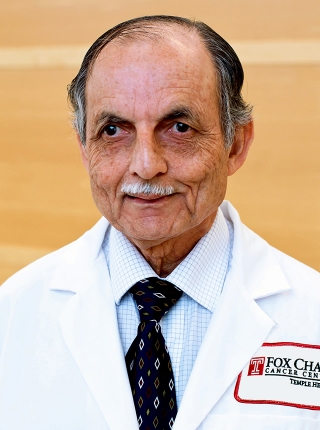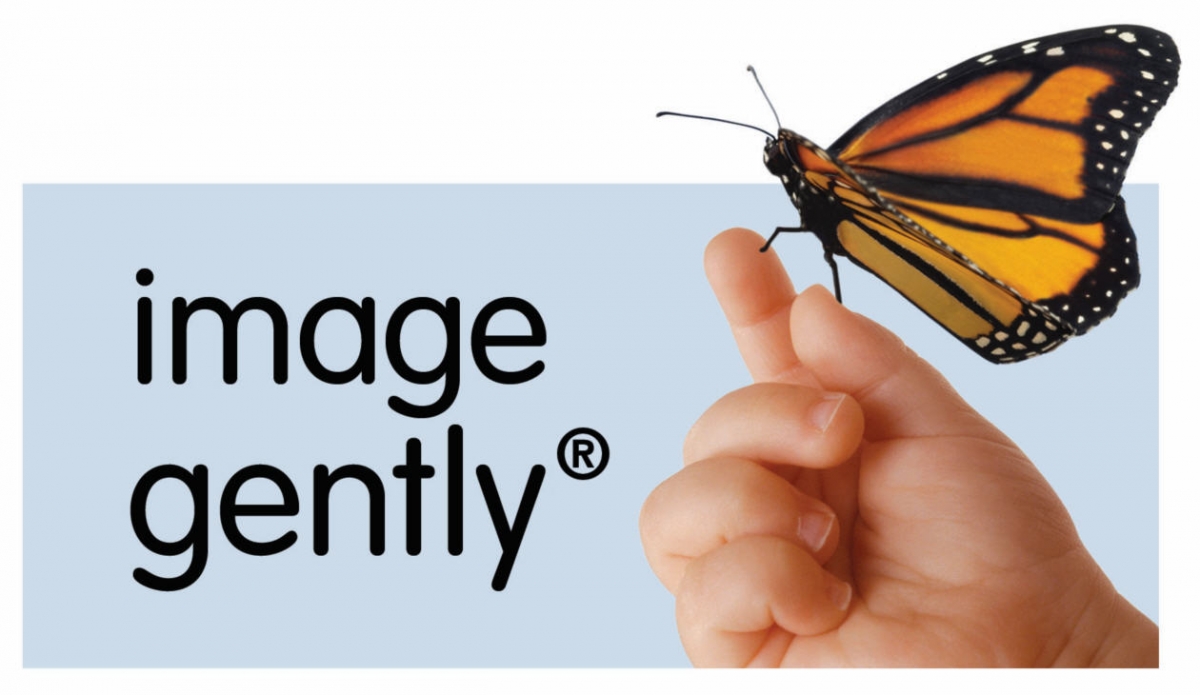
Should Parents Be Concerned About Cancer Risk from CT Scans?
-
A Fox Chase Cancer Center researcher evaluating atomic bomb survivor data concluded that there should be no concern regarding low-dose radiation exposures to children and cancer risk from pediatric CT scans. The data on the long-term health effects of the survivors of the atomic bombings of Hiroshima and Nagasaki is generally regarded as the most important data for estimating health effects of radiation.

Presenting at the International Pediatric Radiology Conference, Mohan Doss, PhD, MCCPM, one of the leading proponents of cancer prevention and treatment using low-dose radiation from Fox Chase, said the Image Gently campaign and recommendation to keep imaging doses as low as reasonably achievable (ALARA) should be discontinued.
“There is no benefit of reduced cancers from ALARA or Image Gently, only harm to pediatric patients due to nondiagnostic scans and missed diagnoses,” said Doss. “We should not continue this campaign but rather, we should educate the public to help alleviate their concerns.”
The ALARA principle can lead to issues with the quality of the images produced and can produce nondiagnostic scans, which can lead to a missed or incorrect diagnosis, Doss said.
The Alliance for Radiation Safety in Pediatric Imaging began as a committee within the Society for Pediatric Radiology in late 2006 and the Image Gently campaign was launched to change practice by raising awareness of the opportunities to lower radiation dose in the imaging of children.
Moving forward, Doss suggests education targeted at radiologists and parents with the new updated information.
